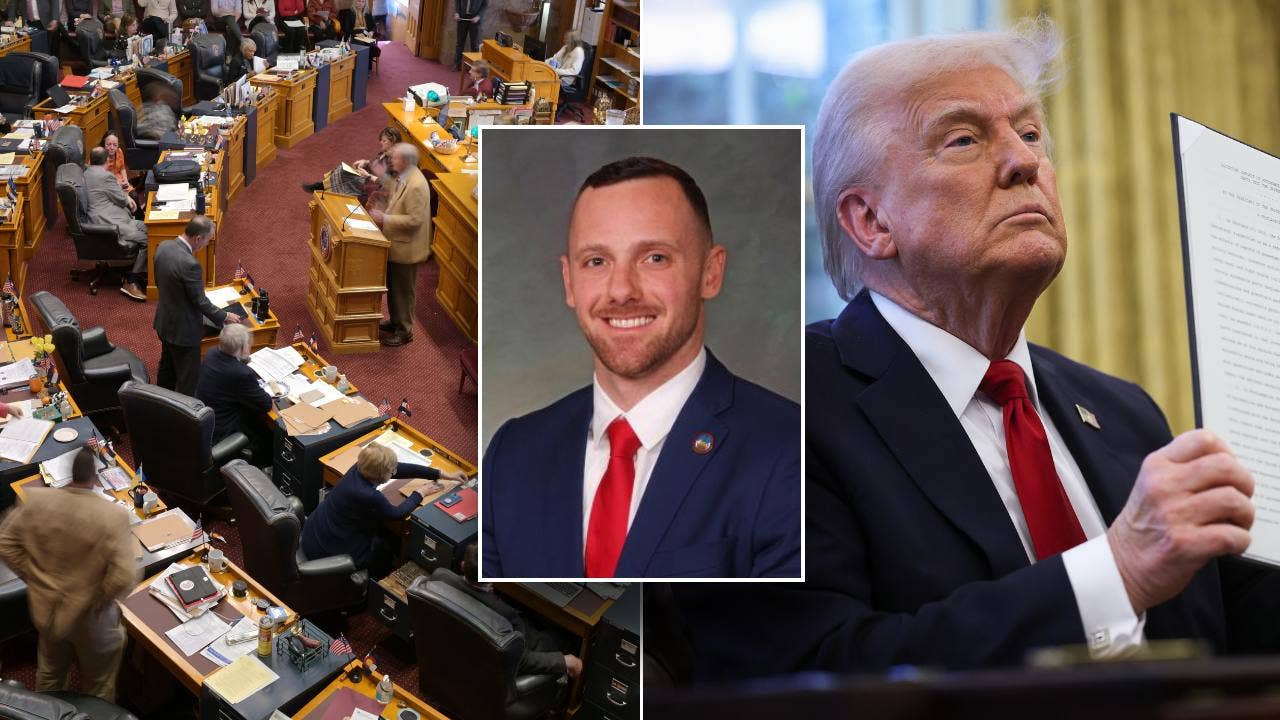Colorado Democrats ‘poking the bear’ after passing bills opposing Trump admin’s orders: Republican lawmaker

Colorado Democrats are facing potential backlash from the Trump administration after passing a series of controversial bills on Sunday. State Rep. Jarvis Caldwell, a Republican lawmaker, warned that the state could risk losing federal funding due to legislation that expands health care access to illegal immigrants and addresses transgender issues.
Caldwell expressed concern that Colorado’s actions, particularly in pushing transgender issues involving children and providing services to illegal immigrants, could be seen as a direct violation of President Trump’s orders. He emphasized that the state may face consequences for these decisions, with Democrats ultimately being held responsible.
One of the bills passed by the Democratic House majority on Sunday includes SB25-183, which requires taxpayers to fund abortion services. Another bill, HB25-1309, mandates insurers to cover transgender procedures regardless of age. Additionally, HB25-1312 addresses gender policies in schools and considers parental misgendering during custody battles as “coercive control.” SB25-129 prohibits cooperation with out-of-state investigations on transgender procedures and abortion services.
The swift passage of these bills has raised concerns among Republicans, who were given limited time for debate and were unable to get any of their amendments passed. Caldwell criticized the lack of opportunity for meaningful discussion on these important issues, particularly when it comes to controversial topics like mandating insurers to cover transgender procedures for minors.
As these bills head to the governor’s desk for signature, there is a looming possibility that President Trump could take action against Colorado Democrats. Earlier this year, Trump signed executive orders aimed at eliminating what he called “radical gender ideology” and has already targeted states like Maine for defying his policies on transgender issues.
The Trump administration’s stance on gender issues, including defining only two sexes (male and female) and prohibiting medical interventions for minors based on gender identity, could clash with Colorado’s recent legislative moves. It remains to be seen how this conflict will play out and what consequences the state may face for its decisions.
In the midst of this political tension, it is evident that Colorado Democrats are treading on controversial ground that could have far-reaching implications for the state and its relationship with the federal government. The clash between state and federal policies on issues like transgender rights and illegal immigration underscores the ongoing debate over the role of government in shaping social and healthcare policies.




